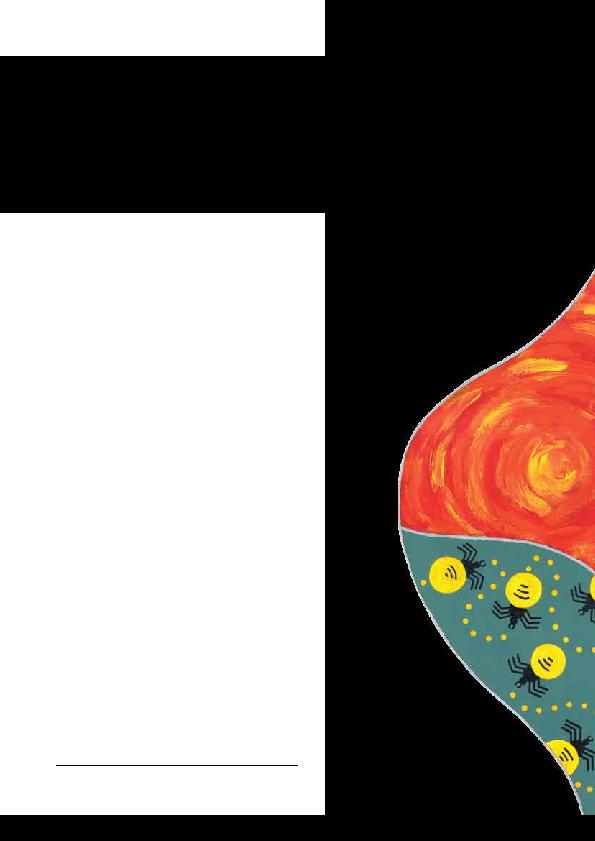
compared to non-Koori women. This contributes
to under-utilisation of the minimum security
Tarrengower prison.
appropriate services in prison for this cohort.
While examples of such services do exist, these
are infrequently run, have eligibility restrictions
and waiting lists.
previous completion of prison programs. These
restrictions have a disproportionate affect
on Koori women who are more likely to be in
remand or serving shorter sentences, or have
been in prison before.
support people on the outside. However, these
are limited in the support they can offer Koori
women due to restrictions on eligibility for those
on remand.
upon release from prison. This impacts on their
prospects for rehabilitation.
navigate.
urgent priority.
State of Victoria, Corrections Victoria, `Transition to
Tarrengower', above n 331, 11.
Koori women's experiences in prison and post-release